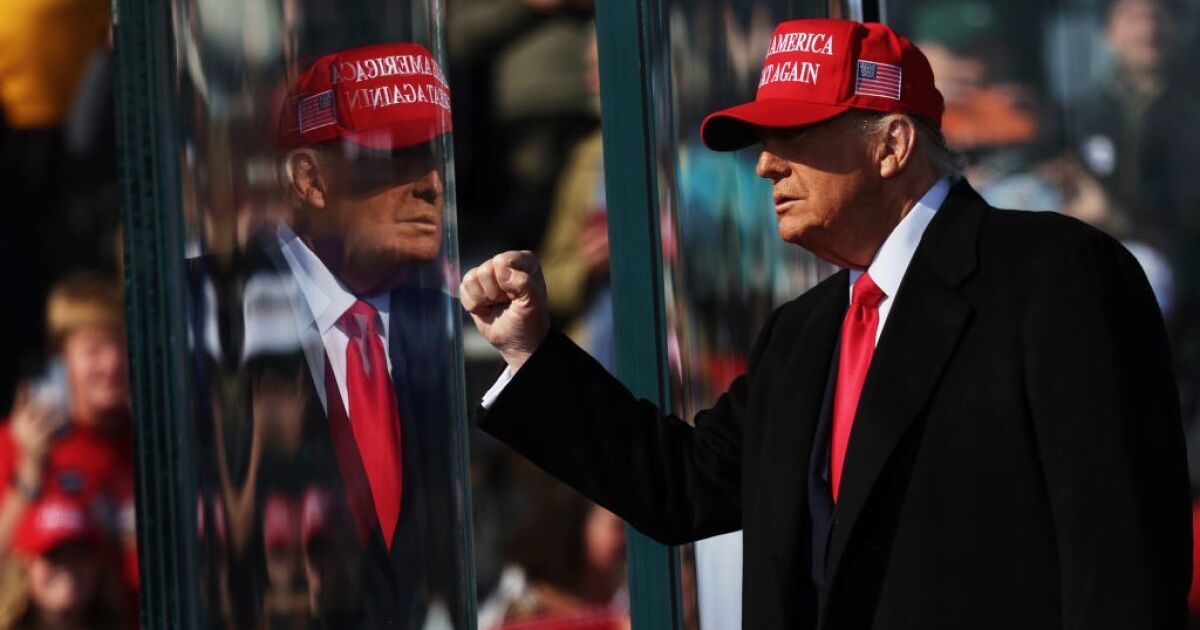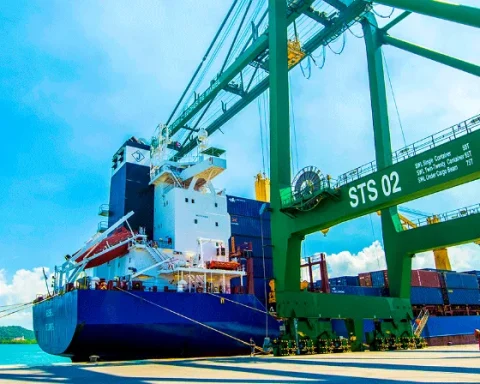He stressed that the correlation between the manufacturing cycle of the United States and that of Mexico is much stronger than in 2016, when Trump won his first presidential election.
Which means that the Republican’s rhetoric did not affect the integration between both countries. And, in fact, the three states that voted for Trump and that import the most Mexican goods would be the most affected, if the new president of the United States keeps his promise to impose tariffs on Mexico.
Of all the exports that go to the northern country, Texas buys 30%, detailed the economist, during his participation in the Business Leaders Summit in Nayarit.
Therefore, businessmen in this state would see their costs skyrocket if Trump follows through on his threats against bilateral trade.
Conversely, Texas, whose governor has spoken of closing the border in the face of the “invasion of migrants”, concentrates 40% of Mexico’s imports from the United States of intermediate goods.
On the other hand, he acknowledged that the possibility of the United States trying to break with the USMCA is not zero, but “logic indicates that the agreement will continue.”
“What Trump would like is for these treaties to be bilateral, to have more control. But it is in Mexico and Canada’s interest that it be tripartite to have more negotiating power,” he explained. And the businessmen there will have to show that leaving the USMCA would be a mistake, he pointed out.

















